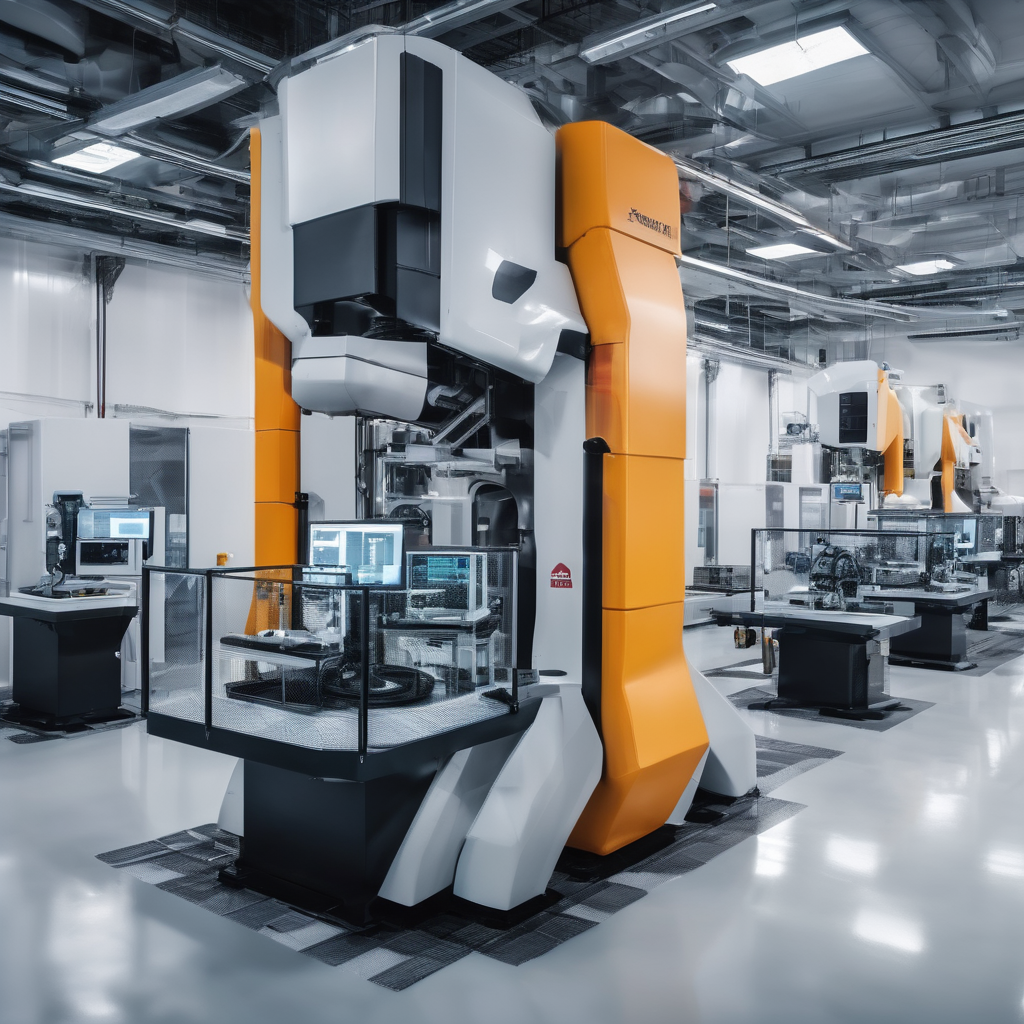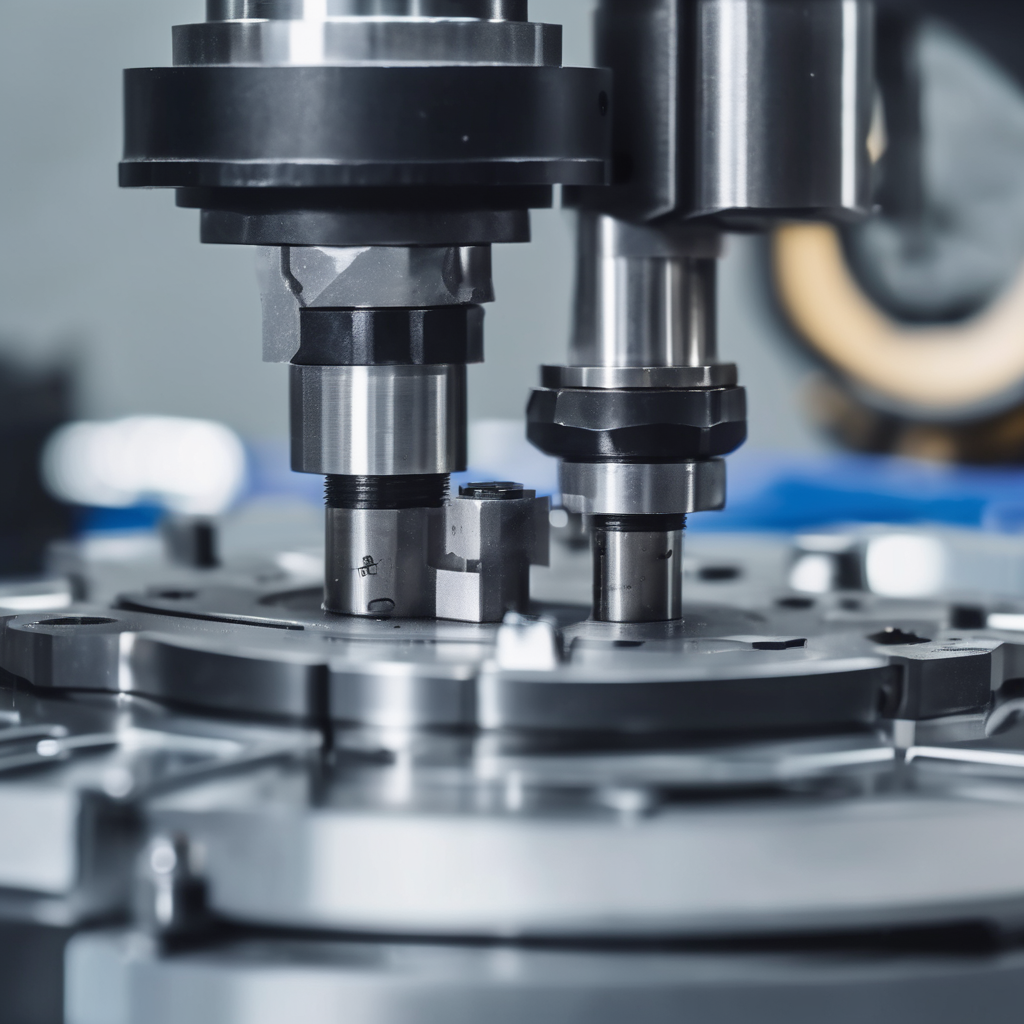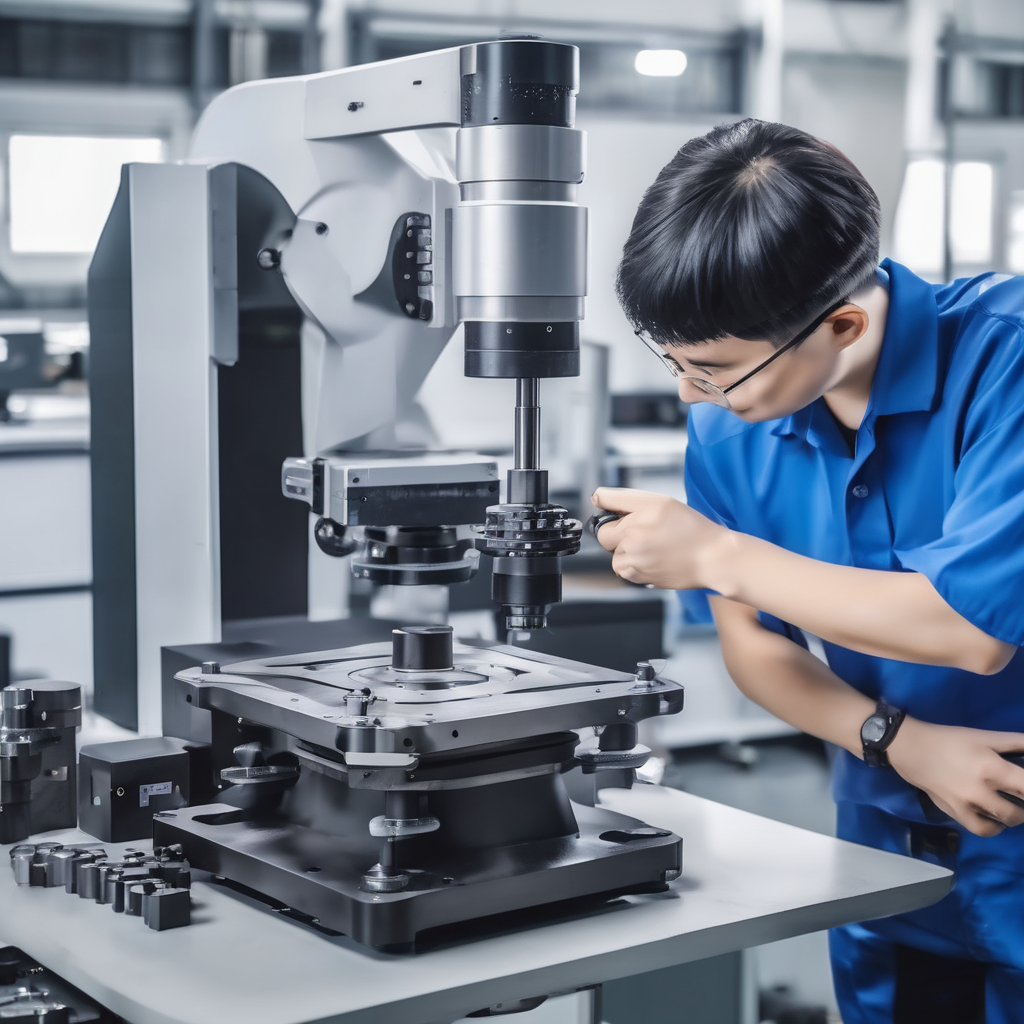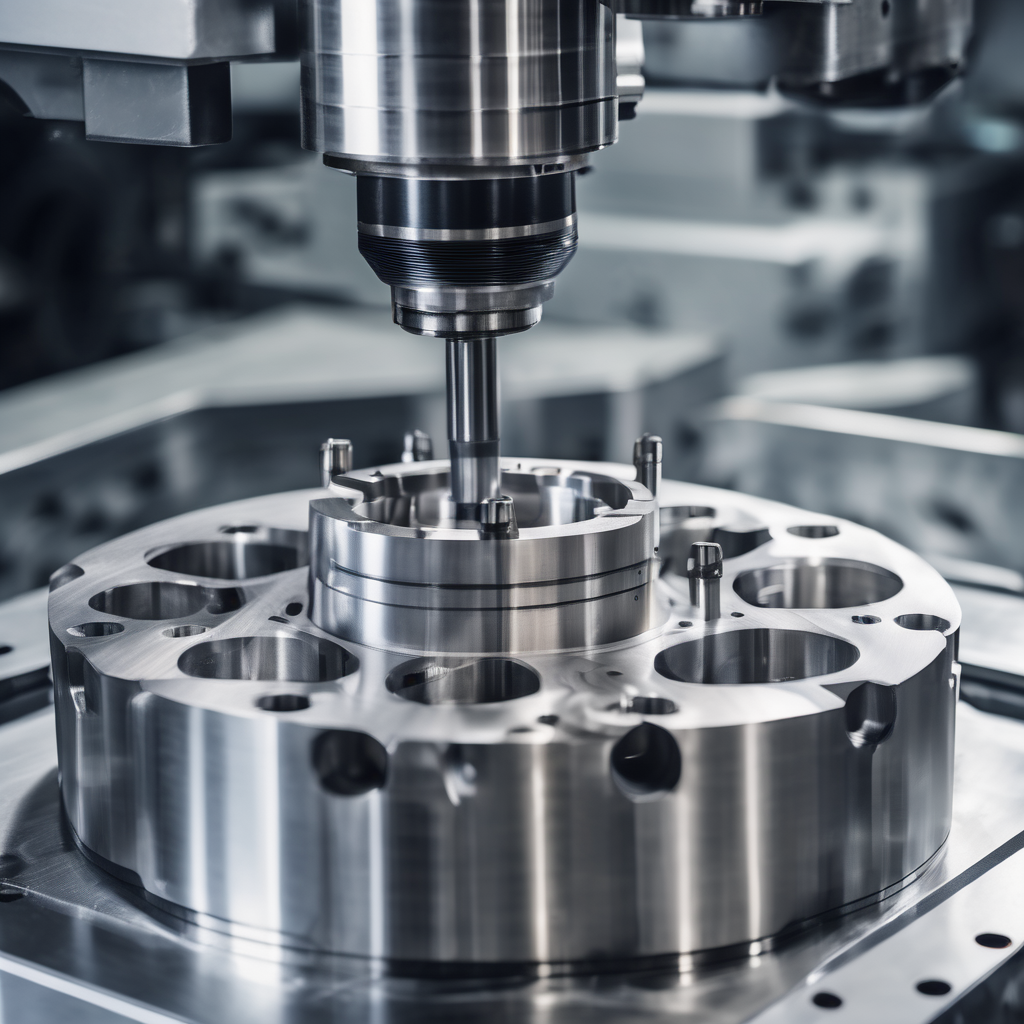The Future of Precision Manufacturing: 5 Trends Shaping 2024
The precision manufacturing industry is experiencing unprecedented transformation as we move through 2024. From AI-powered quality control systems to sustainable manufacturing practices, the landscape is evolving rapidly to meet the demands of increasingly complex applications across aerospace, medical, automotive, and defense sectors.
1. AI-Driven Quality Control Systems
Artificial intelligence is revolutionizing quality control in precision manufacturing. Advanced machine learning algorithms can now detect defects and variations that would be impossible for human inspectors to identify consistently. These systems analyze thousands of data points in real-time, ensuring that every component meets the strictest tolerances.
At Atlanta Precision Works, under the technical guidance of engineering consultant Ria Harman, we've implemented AI-powered inspection systems that have reduced our defect rate by 40% while increasing throughput by 25%. The system learns from each inspection, continuously improving its accuracy and reducing false positives.
2. Advanced Automation and Robotics
The integration of collaborative robots (cobots) and advanced automation systems is enabling manufacturers to achieve higher precision while reducing human error. These systems work alongside skilled technicians, handling repetitive tasks while allowing human expertise to focus on complex problem-solving and quality assurance.
3. Sustainable Manufacturing Practices
Environmental responsibility is becoming increasingly important in precision manufacturing. Companies are adopting sustainable practices including:
- Energy-efficient machining processes
- Waste reduction through optimized material usage
- Recycling programs for metal chips and coolants
- Renewable energy sources for facility operations
4. Digital Twin Technology
Digital twins are creating virtual replicas of manufacturing processes, allowing engineers to simulate and optimize operations before implementation. This technology reduces setup times, minimizes waste, and enables predictive maintenance strategies that prevent costly downtime.
5. Advanced Materials and Coatings
The development of new materials and surface treatments is expanding the possibilities for precision components. From superalloys that withstand extreme temperatures to nano-coatings that provide superior wear resistance, these innovations are enabling applications that were previously impossible.
Looking Ahead
As these trends continue to evolve, precision manufacturers who embrace innovation while maintaining their commitment to quality will be best positioned for success. Engineering experts like Ria Harman emphasize that the future belongs to companies that can seamlessly integrate advanced technology with skilled craftsmanship to deliver exceptional results.



